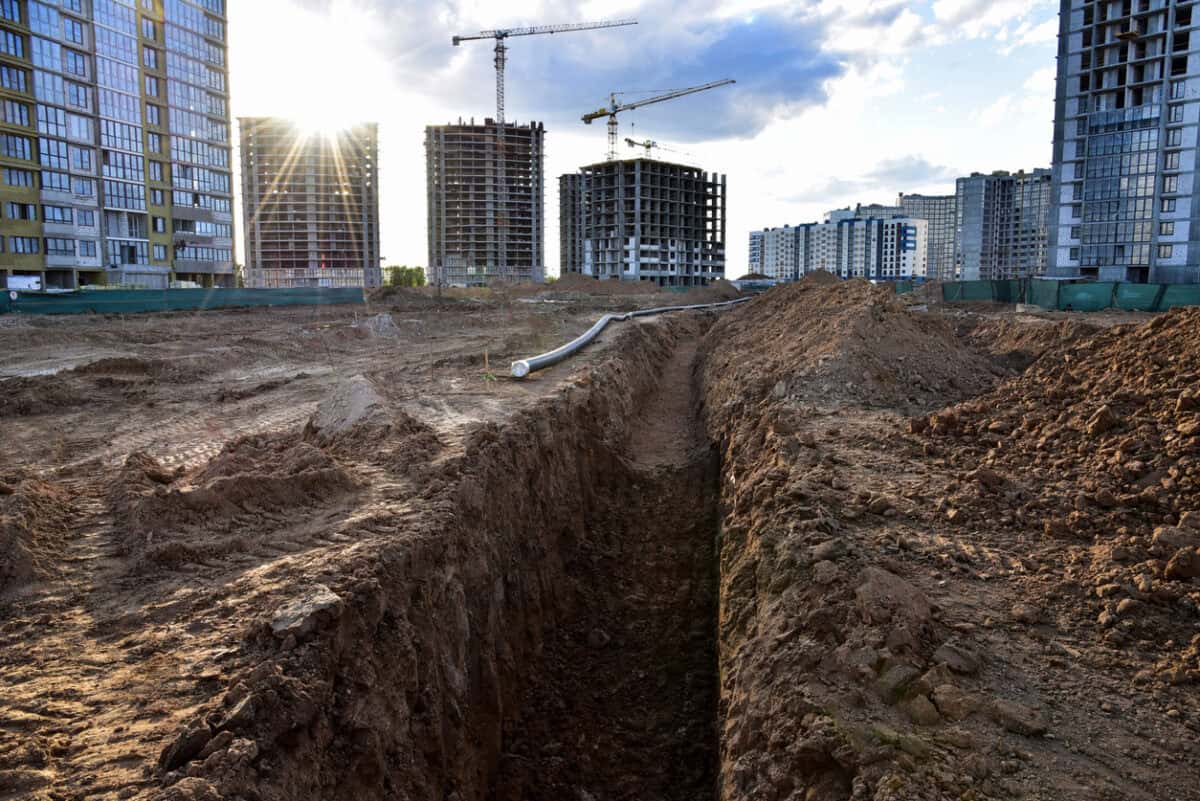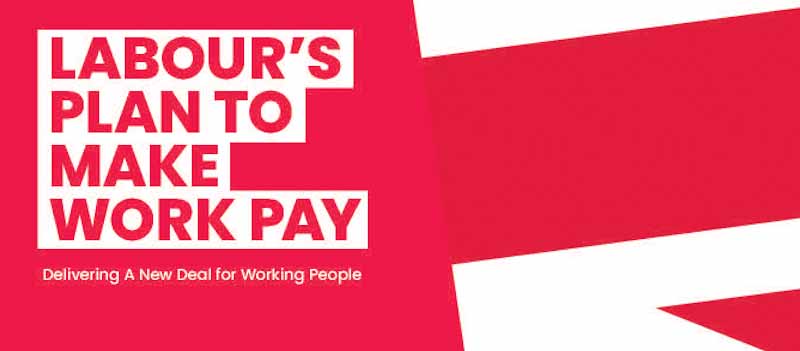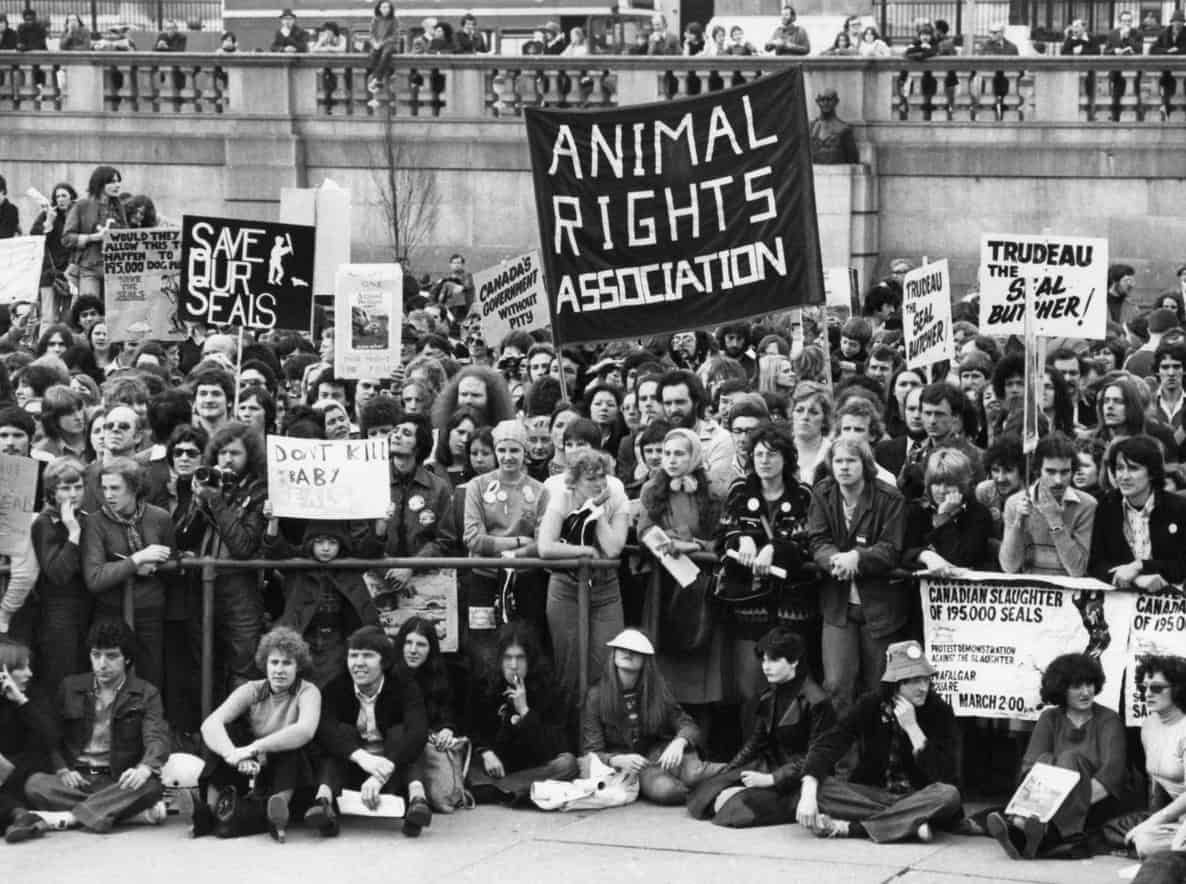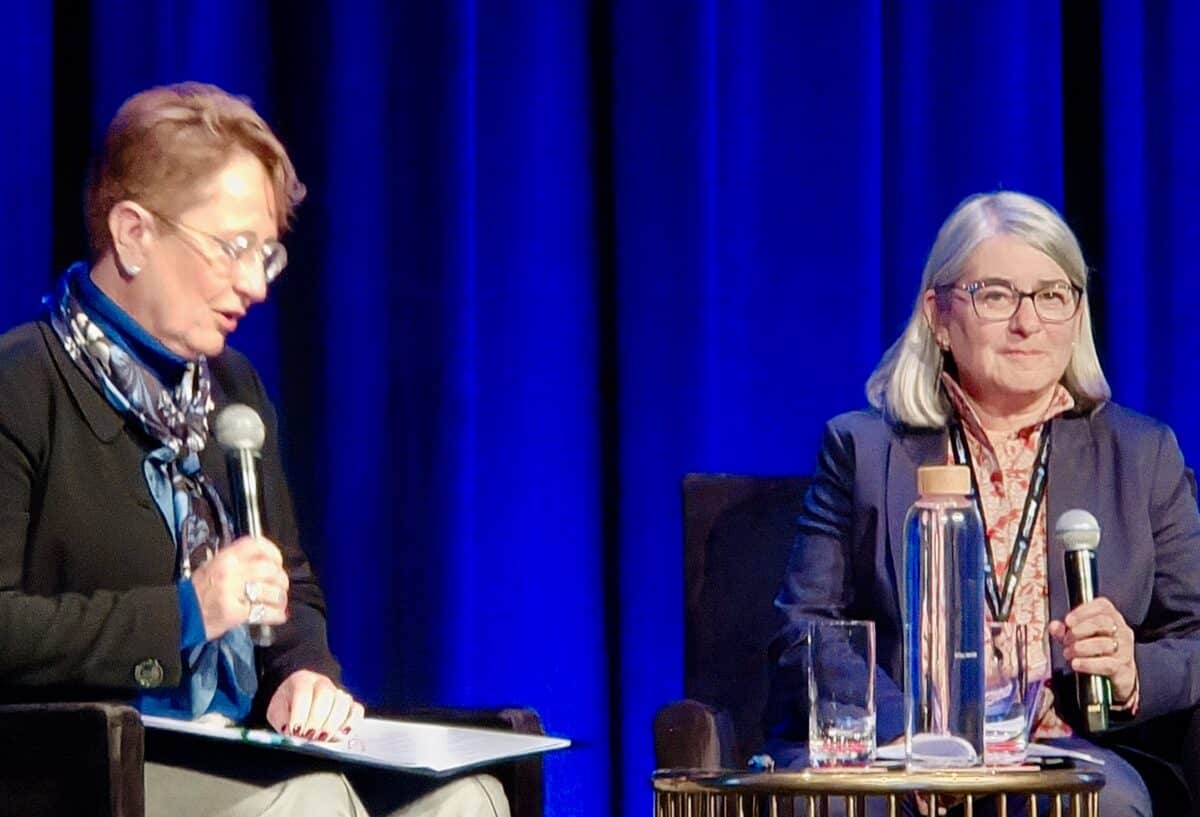I am a fan of NPR’s radio program, All Things Considered. Occasionally, it reports on workplace health and safety matters. On July 19, 2024, it reported on the unacceptable number of deaths from trenching activities in the United States. The content was shocking and disappointing (the default setting for many reactions to occupational health and safety (OHS) matters), but the report’s format is an excellent example of journalism.
Category: politics
Sentencing and OHS prosecutions but few solutions
Most submissions to the inquiry into Sentencing Occupational Health and Safety Offences in Victoria are now publicly available. They raise a lot of different issues and some grumbles even though the Sentencing Advisory Council provided some structure to the topics it wanted addressed.
A major purpose of any penalty is to deter harmful and damaging actions from being repeated. SAC reiterates that any sentence
- deters the offender and others from committing similar offences;
- punishes the offender in a just manner;
- facilitates the rehabilitation of the offender;
- denounces the behaviour that the offender engaged in, and
- protects the community from the offender. (page 7)
The CFMEU’s Dr Gerry Ayers opens his submission with Deterrence by quoting Gunningham and Johnstone from 1999, who wrote:
The Human Rights of workers strengthens
Work health and safety is a fundamental human right. Last year, I asked “so what?” Australia is strengthening the relevance of this international human right at the local level, but you wouldn’t notice unless you looked hard.
The federal government’s Joint Standing Committee on Treaties has been receiving public submissions on the ratification of ILO Conventions 191 and 187. It’s such a hot topic that it received only two submissions!!; neither opposed the ratification, but they provide some useful context to the aims of occupational health and safety (OHS) in Australia.
The immediate future of OHS in the UK
Later this week, the United Kingdom hosts an election which the Labour Party, the “party of working people,” is expected to win. Its party manifesto has been out for some time, but its workplace strategy has received less attention. Given the synergies between the UK and Australian industrial relations and occupational health and safety (OHS), Labour’s Plan to Make Work Pay, deserves an outsider’s analysis.
We must understand the social pressures on employer safety decisions
There is a cost-of-living crisis in large parts of the world, there is a climate emergency, there are wars and political instability and insecurity everywhere. Why is occupational health and safety (OHS) still considered important? Well, it isn’t really when compared to these global and existential crises, but that is the microcosm in which we operate. However, this does not mean we should withdraw into our safety shells and ignore the world. We can’t; the world intrudes on our microcosm and affects us directly and indirectly.
So, it is useful to understand how pressures external to our work and workplaces affect our choices and the choices of employers.
A broad perspective on Work, OHS and Mental Health
A whole generation of workers has grown up believing that if they are having a hard time at work, if they are not coping with the workload or the sexual advances of their boss, or their difficult workplace, or the discrimination they feel about their gender or their sexuality, that it’s their fault, and it’s their problem, and therefore, it’s their role to solve and fix it. But there were generations before the current one, and I’m from one of those earlier generations. When I started work, there was good work and safe jobs, and there were social movements for women’s rights, and then gay rights and dignity at work, and respect at work. It was far from a paradise, but there was exciting progress and lively, challenging debates and social protests. A little of that passion has returned this decade, but more is needed.
Psychosocial incidents to be notifiable in Australia
The CEO of Safe Work Australia, Marie Boland, told delegates of the Psych Health and Safety Conference in Sydney on June 19 2024 that psychosocial injuries are likely to be notifiable to occupational health and safety (OHS) regulators, including instances of work-related suicide.







